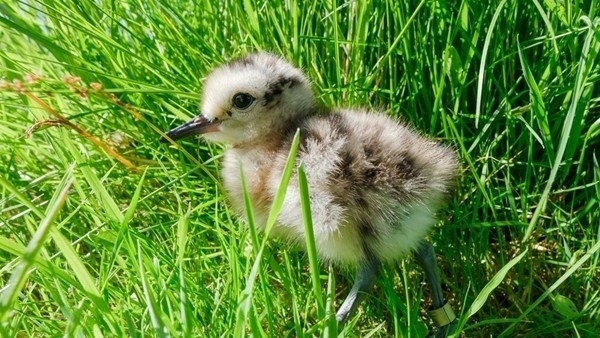
Earlier this year, British Birds posted a letter by Leo Smith, making various claims not just about the impact of pheasant releasing on curlew, but also about the GWCT. This month, the journal published a response written by our Head of Research, Dr Andrew Hoodless, which we have summarised below.
When claiming a relationship between foxes and gamebirds, Smith cited one source – the 2021 report on gamebird releasing by Prof Stephen Harris to the Labour Animal Welfare Society. As we raised in our response, this is not an unbiased scientific review, has not been peer-reviewed and doesn’t prove cause and effect. We need good empirical data on the various interactions between foxes, gamebirds and game management.
Talking about the GWCT in his letter, Leo Smith asserts that ‘nearly all of this organisation’s members have a large financial incentive to continue with the practices that are driving curlews to extinction’ and as such our involvement is ‘vetoing the RSPB from pursuing its own policy of limiting gamebird release’. Not only is there no empirical research on the impact of gamebird releasing on curlew, the claims about our membership and intentions are patently untrue.
It should go without saying but as a research and education charity, the GWCT aims to produce scientific evidence that leads to effective wildlife conservation policies and informs best practice for the public good. This is exactly why we’re undertaking research to answer the very question Mr Smith raises about the relationship between game management, releasing and foxes.
We aren’t afraid to tackle the difficult questions and have published peer-reviewed science indicating both negative and positive effects of gamebird releasing and also produced principles of sustainable game management and best-practice guidelines to promote high standards within the shooting community.
We share concerns about the fate of curlew and are working with land managers to ensure that we can reverse declines across the UK, but we must be confident that what we suggest is making a difference. Therein lies the importance of both lived experience and robust peer-reviewed science, both of which we are utilising to support this much-loved bird.